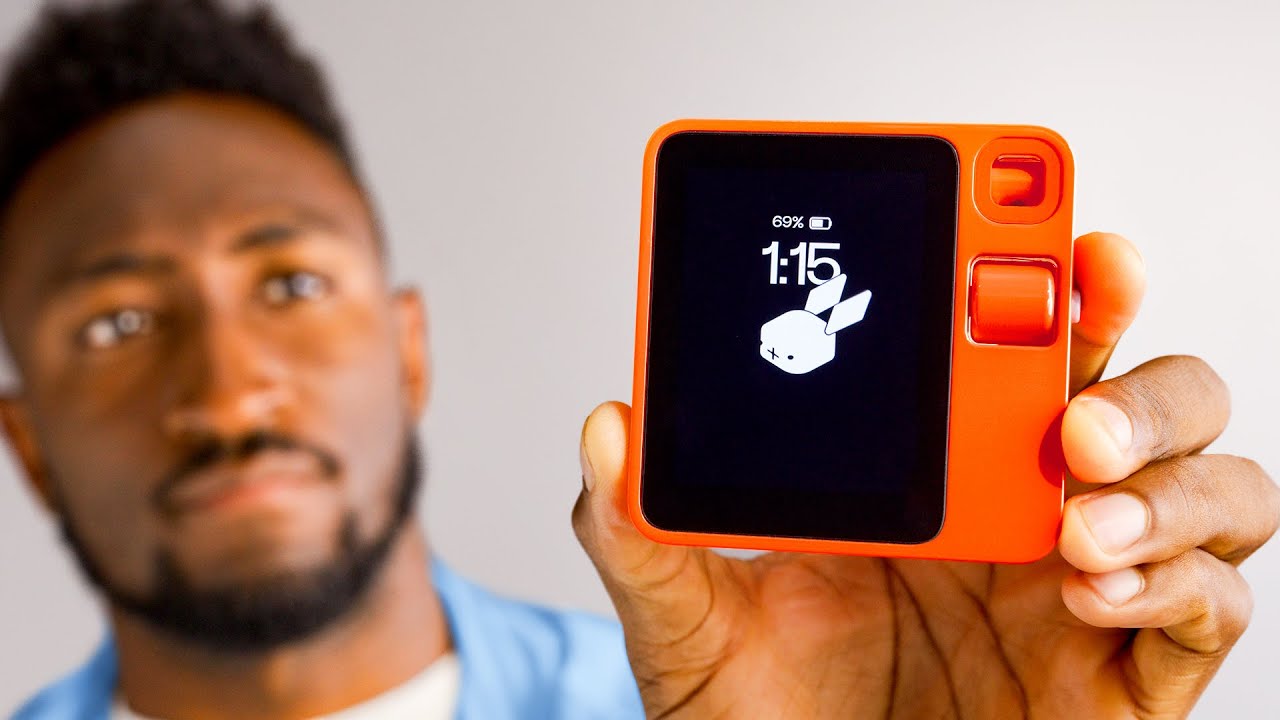- cross-posted to:
- [email protected]
- cross-posted to:
- [email protected]
what kind of lame-ass dork would spend $200 on some worthless plastic garbage that does nothing but give you blatantly false information
for fuck’s sake, LLMs do not possess knowledge. they generate believable text, that’s it. you can’t trust any information it spits out, it’s just a word prediction algorithm AHHHH STOP TREATING IT LIKE AN INFORMATIONAL TOOL
even if this “AI” shit was even remotely useful, who wants to carry around some stupid orange device that does nothing your smartphone can’t already do? whoever buys this trash deserves to get grifted
PS I hate Swedish minimalist design. this shit looks like a toy for a 4 year-old, which happens to be mental age of anyone who would buy this crap



People made fun of the Humane Pin and its pricing. But here’s the reality.
A product costs $$ to design and test, $$ to manufacture, package, and ship, and $$ to operate once it’s shipped. Built into that last bin is the cost of connectivity, ongoing operations, and backend hosting (including AI inference). Tack onto that marketing and overhead, plus maybe profits.
They might sell it at a discount to help goose up demand. That money has to come from somewhere. There are R&D grants, preorders, VC money, government or enterprise contracts, etc. There will be some extra revenue from selling the collected data, but traditionally, that alone hasn’t been enough to keep company lights on.
A product priced like Humane looked like it was priced realistically. Upfront cost to cover manufacturing, fixed, and sunk costs. Monthly to cover ongoing expenses. Obviously, both those were set high, but that could be so they could have enough early-adopter money to raise more or (gasp) make a profit to keep going.
The R1 looks to be priced at an unrealistic discount to grab attention and market share. But they don’t have a monthly fee, which means all future expenses come out of that fixed upfront fee or revenues from selling the collected data.
Since all AI operations are on the cloud, let’s say $XX per person per month cost. Fortunately for them, they’re passing the networking cost to the user in the form of BYO SIM card. At $200, that means $200/XX months of fees. You do the math. But there’s also the cost of manufacturing, packaging, etc. It sure seems like this isn’t sustainable, long-term.
The one conclusion is that a consumer hardware device will be expensive to buy and operate until a lot of things become commoditized. People should be prepared to either pay a lot or to have their products drop like flies after a year or two.
This is just a smartphone except it only runs an LLM app, how much R&D is really required for that? If they spent money on anything, it’s all marketing and designing the case.
Everything looks custom-built. The screen, processor board, camera, button , and enclosure are all bespoke.
OTOH, people have raised why it isn’t just a mobile app.
Both $200 and $700 are too much for a bazinga box that does nothing but lie to you slowly.